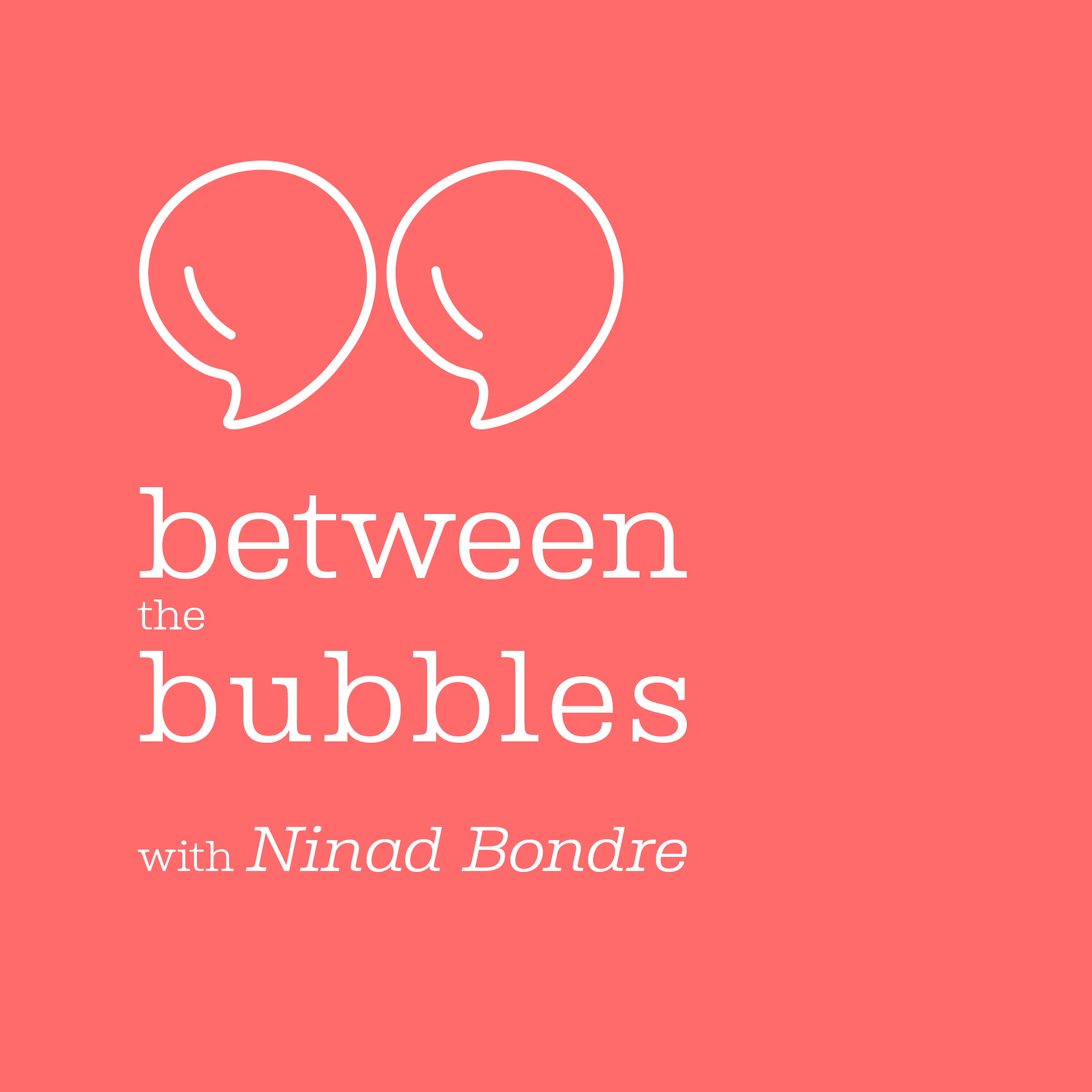Post-truth and the media
Description
Catherine Happer has sought to use her understanding of the sociology of the media to explore the post-truth narrative ever since it emerged. In this wide-ranging conversation, we discuss the role of journalism and academia in driving the narrative, the issue of public trust in the media, modes of media engagement, and much more.
Highlights
Public trust, journalism and the emergence of the post-truth story
Possible reasons for the uncritical adoption of the notion
Modes of media engagement, role of elites
Social media: past, present and future
Dangers of universalizing the US experience
Links
See my article in The Philosophical Salon for links to many of the sources discussed in the episode.
The post-truth crisis of mainstream media (Catherine Happer, Research in Sociology, University of Glasgow)
More Episodes
Johan Farkas mapped post-truth discourses comprehensively and subjected them to a searching examination in his book with Jannick Schou. In this episode and the previous one, we touch upon the understanding of democracy that is implicit in the mainstream post-truth narrative, the predicament and...
Published 07/05/22
Published 07/05/22
Johan Farkas mapped post-truth discourses comprehensively and subjected them to a searching examination in his book with Jannick Schou. In this episode and the one that follows, we touch upon the understanding of democracy that is implicit in the mainstream post-truth narrative, the predicament...
Published 07/05/22


